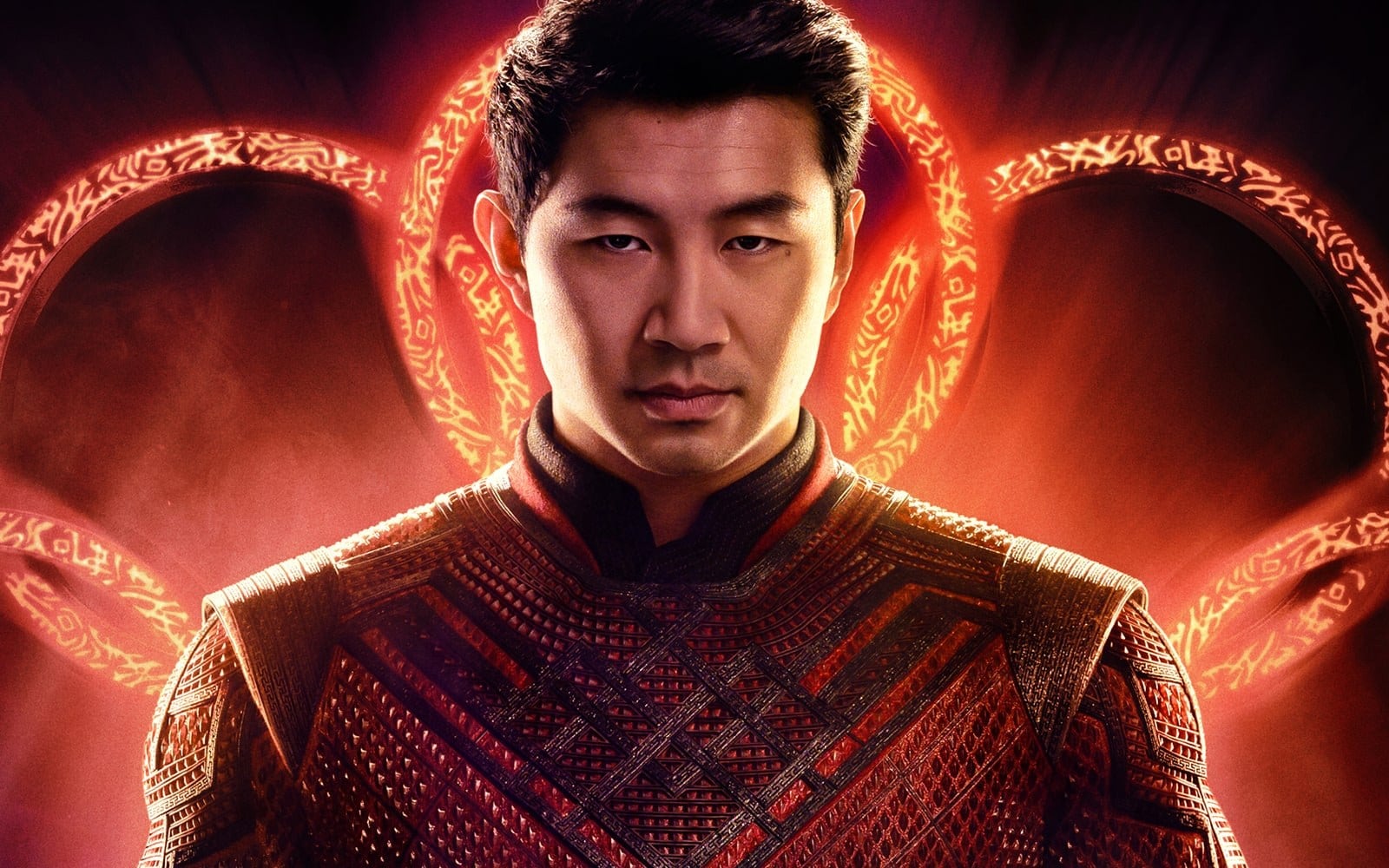Review Roundup: Destin Daniel Cretton’s Shang-Chi and the Legend of the Ten Rings

Marvel’s Shang-Chi and the Legend of the Ten Rings represents a couple of firsts. It’s the first Marvel film of the pandemic era that’ll be released exclusively in theaters as opposed to a joint theatrical/streaming release (a strategy that recently came under fire). But more importantly, it’s the first Marvel film to feature a predominantly Asian cast that includes Tony Leung, one of the world’s greatest actors. (For real, the casting director who got Leung deserves a serious raise.)
These factors, combined with early glimpses of Shang-Chi’s martial arts action, have created a considerable interest in the film’s prospects. Early reviews are in, and so far, they’re largely praiseworthy. And even the few negative reviews still find ways to praise Leung’s performance as the film’s villain, a mysterious and enigmatic warlord who possesses the titular mystical rings.
Justin Chang, “The real star of Marvel’s ‘Shang-Chi’ is not who you think it is”
[Tony] Leung’s presence gives the movie an extra-cinematic kick, a winking but resonant connection to an inexhaustible Asian canon of romantic dramas, underworld thrillers and martial-arts epics. It also provides an arresting entry point into a hero’s origin story that tries, with some success, to rise above Marvel business-as-usual.
Jake Cole, “Save for Tony Leung, Shang-Chi and the Legend of the Ten Rings is a Bust”
Shang-Chi and the Legend of the Ten Rings brings into sharp focus an issue that’s become increasingly prominent in the Marvel Cinematic Universe. As it has continued to dig deeper and deeper into a catalog that dates back to 1939, looking for what else might be available for adaptation, Marvel Studios is increasingly sanding away the distinctive character traits that led to considerable critical and commercial acclaim for Marvel Comics publications starting in the 1960s.
Angie Han, “Its valiant efforts feel worth cheering all the same”
Shang-Chi… attempts to shake up the Marvel formula by infusing it with martial-arts action and fairy-tale fantasy and grounding it in Chinese and Asian American culture. And while its disparate elements don’t meld together as smoothly as they should, they do, in the end, add up to a superhero movie fresh and fun enough to feel worth a spin.
Shirley Li, “A superhero movie that’s worth seeing for the villain alone”
In Shang-Chi, [Tony] Leung slowly and precisely transforms Wenwu, revealing him to be no mere crime lord but a tragic romantic lead still grieving Jiang Li, clinging to conspiratorial thinking for guidance. He’s an avatar for loneliness, a living fossil of a man who had been excavated by love only to return to a life of unknowable power and no one to share that experience with.
Rodrigo Perez, “Flawed but has a winning spirit”
[N]ot all is a total wash in Shang-Chi, and as suggested, there’s enjoyable heart and humor throughout. Additionally, there is some exciting wuxia-style choreography, street fight action, and a very excellent Tony Leung as the credible main antagonist and that strong story about the perils of family and the misguided desperation found in grief. It’s also an admirably patient film, especially in its first act, never feeling hurried and seemingly taking all the time in the world to get you emotionally invested in its story of a family; never a bad thing.
Katie Rife, “Eastern action meets Western superhero formula”
The MCU is extraordinarily popular in China, which helps explain why so much of this new film takes place there. That said, at its core, Shang-Chi is an Asian American superhero story. Themes of homecoming, legacy, and balancing cultures and identities run throughout the movie. The soundtrack is multicultural, featuring both traditional Chinese music and southern hip-hop. The script, by director Destin Daniel Cretton and co-writers Andrew Lanham and Dave Callaham, retcons some of Marvel’s more insensitive depictions of Asian culture, while crafting an inspirational message about creating your own destiny and embracing the things that make you you.
Joshua Rivera, “Retcons Marvel history to strengthen the MCU”
At its heart, Shang-Chi is not a story of heroes and villains, but a family drama concerned with three people coming to terms with long-suppressed anger and grief. Director Destin Daniel Cretton (Short Term 12, Just Mercy), who co-wrote the script alongside Dave Callaham and Andrew Lanham, unspools this drama tenderly and with plenty of humor — anchored by a tremendous performance from Tony Leung, who brings a level of subtle humanity to every moment he’s on screen.
Mel Valentin, “Mystical martial arts for the win”
As the title character, [Simu Liu] has to deliver both a persuasive physical performance (he does) and an equally persuasive emotional one (same), imbuing Shang-Chi with a sympathetic believability regardless of whether he’s fighting tech-armed henchmen on a careening city bus, dropping straight-laced, irony-free exposition about his father to an eager Katy, or opening his heart to her, Xialing, and Wenwu.
Nancy Wang Yuen, “Brings compelling new heroes and awe-inspiring action to the MCU”
Cultural authenticity abounds in Shang-Chi. First, it has a majority Chinese cast from the diaspora — many of whom speak a natural mixture of Mandarin Chinese and English dialogue depending on the speaker and context. In addition, the costumes seem to be a blend of eastern and western influences, reflecting the culture of the Chinese American heroes. Finally, the fantasy elements appear to be inspired by Chinese wuxia films, not exotic Asian stereotypes.
Shang-Chi and the Legend of the Ten Rings arrives in theaters on September 3. Watch the film’s teaser trailer below.
